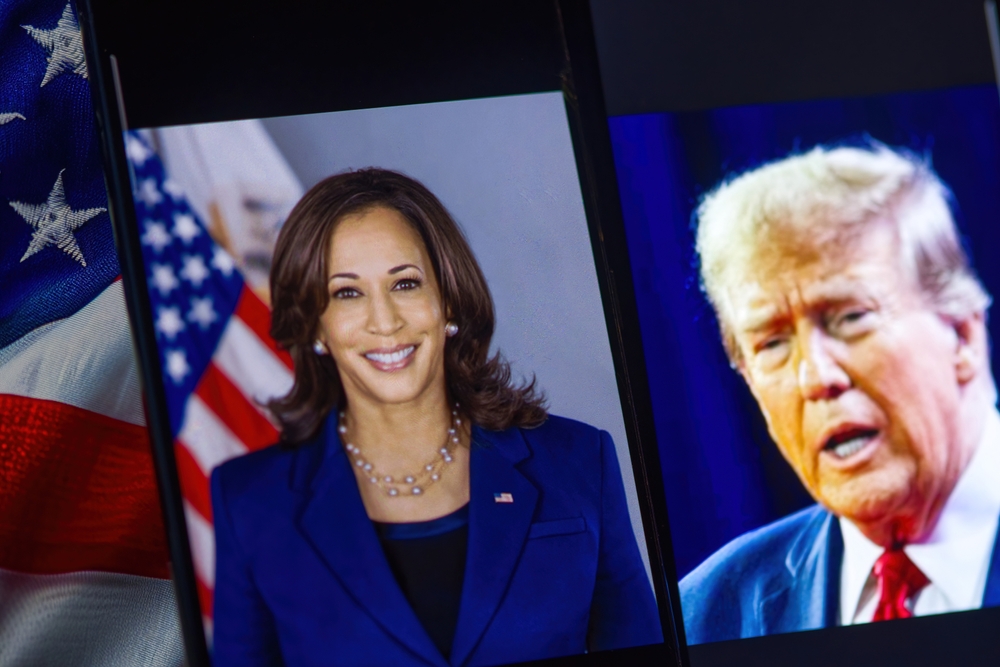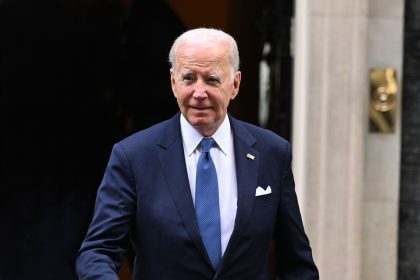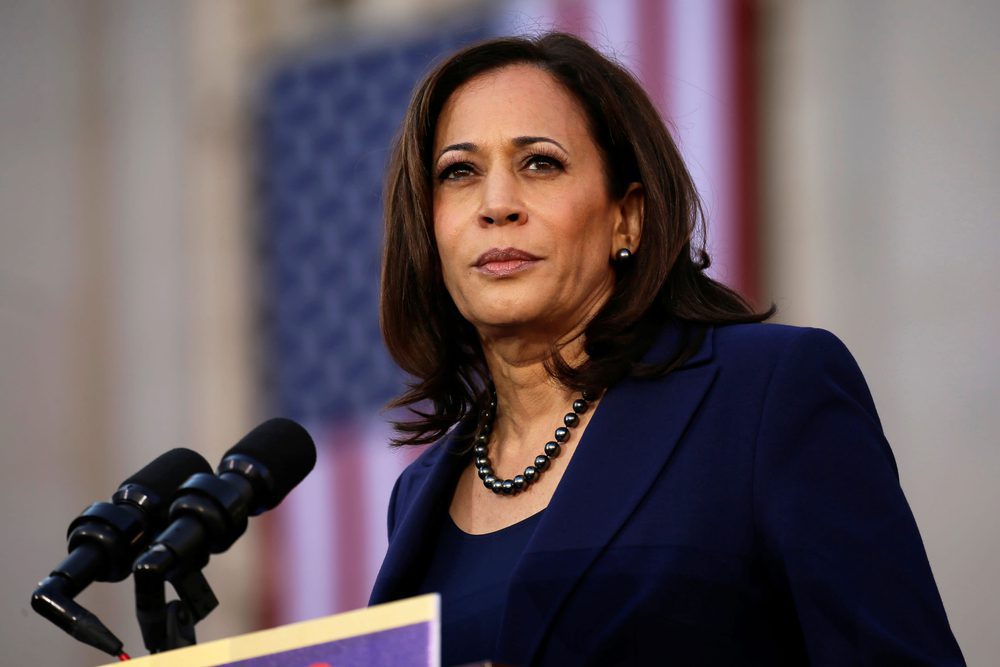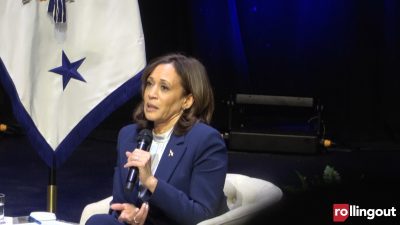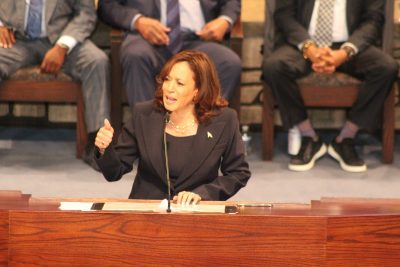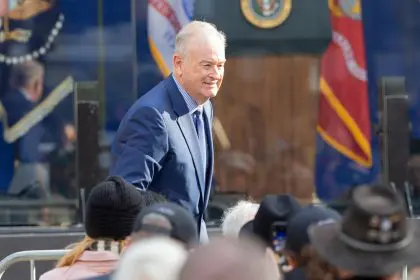California’s Republican establishment is pursuing an unconventional political strategy that could reshape the state’s electoral landscape, actively welcoming the prospect of former Vice President Kamala Harris entering the gubernatorial race. This surprising approach represents a dramatic departure from traditional opposition tactics, as GOP operatives believe Harris’ potential candidacy could provide the catalyst needed to revitalize their party’s fortunes in the nation’s most populous state.
The Republican party’s enthusiasm for a Harris gubernatorial campaign stems from their assessment that her candidacy would create unprecedented opportunities for fundraising, media attention, and voter mobilization in a state where conservative candidates have struggled to gain traction for decades. Party strategists are already developing comprehensive plans to capitalize on what they view as a historic opening to challenge Democratic dominance in California politics.
Strategic positioning against establishment politics
California Republicans are crafting their messaging around the concept that Harris represents continuity rather than change, positioning themselves as the true agents of transformation in state politics. This narrative seeks to exploit voter fatigue with existing political structures while presenting Republican candidates as outsiders capable of delivering fresh perspectives on governance.
The party’s approach involves framing Harris as emblematic of failed policies from the Biden administration that voters associate with economic challenges, immigration concerns, and cultural divisions. Republican strategists believe this positioning will resonate with moderate voters who may be dissatisfied with the previous administration’s record but have historically been reluctant to support conservative candidates in statewide elections.
Conservative commentator Steve Hilton has emerged as a vocal proponent of this strategy, arguing that California’s political environment has shifted sufficiently to create opportunities for Republican success that haven’t existed in decades. His analysis suggests that Harris represents the type of establishment figure that voters are increasingly rejecting across the political spectrum.
Fundraising challenges and national donor engagement
Despite their optimistic messaging, California Republicans acknowledge significant obstacles in building the financial resources necessary to compete effectively against a well-funded Democratic nominee. The party’s fundraising difficulties reflect broader skepticism within conservative donor networks about the viability of Republican candidates in California’s political environment.
Political consultant Dave Gilliard has identified donor recruitment as perhaps the most critical challenge facing GOP gubernatorial hopefuls. The consultant community recognizes that successful campaigns require substantial financial resources, particularly when competing against candidates with national profiles and established fundraising networks.
The party is actively courting high-profile business leaders and technology executives who may be motivated to support conservative candidates due to concerns about regulatory policies, taxation levels, and business-friendly governance. These efforts focus particularly on individuals who have expressed frustration with Democratic leadership on issues affecting economic growth and innovation.
Technology sector engagement and coalition building
Republican strategists are particularly focused on engaging prominent figures from California’s technology industry who have expressed concerns about progressive governance approaches. The party views tech leaders as potentially valuable allies who could provide both financial support and credibility with younger, more educated voters who might otherwise dismiss conservative messaging.
The emphasis on technology sector engagement reflects broader demographic and economic shifts within California that Republicans believe create new opportunities for coalition building. Party operatives argue that concerns about business regulation, crime rates, and educational policies have created openings for conservative arguments that didn’t exist during previous electoral cycles.
Elon Musk’s increasingly vocal criticism of progressive policies has provided Republicans with a high-profile example of successful business leaders questioning Democratic orthodoxy. Party strategists hope to leverage such examples to demonstrate that conservative positions can attract support from unexpected quarters, particularly among economically successful individuals who value entrepreneurship and innovation.
Campaign tactics and messaging frameworks
The Republican approach involves adopting aggressive campaign tactics designed to maximize media coverage and voter attention throughout the electoral cycle. Party operatives are studying successful conservative campaigns from other states to identify messaging strategies and organizational approaches that might prove effective in California’s unique political environment.
These tactics include sustained criticism of Harris’ record as former Vice President, particularly focusing on issues where public opinion polling suggests voter dissatisfaction with the Biden-Harris administration. Republicans plan to emphasize her role in policies related to border security, inflation, and foreign affairs during her tenure from 2021 to 2025, arguing that these positions demonstrate poor judgment and ineffective leadership.
The party is also developing positive messaging that emphasizes Republican solutions to California’s most pressing challenges, including housing affordability, crime prevention, and educational improvement. This dual approach seeks to present conservative candidates as both credible critics of existing policies and viable alternatives capable of delivering better outcomes for state residents.
Historical context and electoral precedents
California’s political transformation over the past three decades has created an environment where Republican statewide victories appear increasingly unlikely, making the party’s current optimism particularly noteworthy. The last Republican governor, Arnold Schwarzenegger, succeeded through a unique combination of celebrity status, moderate positioning, and special electoral circumstances that are difficult to replicate.
Recent demographic and cultural changes have generally favored Democratic candidates, as younger, more diverse, and more educated populations have grown while traditional Republican constituencies have declined in relative influence. These trends suggest that any successful Republican campaign would need to achieve significant crossover appeal among voters who typically support Democratic nominees.
However, party strategists argue that current political conditions create opportunities that haven’t existed since the early 2000s. They point to voter concerns about crime, homelessness, and economic challenges as evidence that California residents may be more receptive to conservative messages than conventional wisdom suggests.
Media strategy and public perception management
Republican candidates are developing sophisticated media strategies designed to maximize their visibility and credibility throughout the campaign cycle. These efforts include building relationships with both traditional and alternative media outlets while creating content that can reach voters through social media platforms and digital channels.
The party recognizes that competing against a former national political figure who served in the Biden administration requires exceptional communication skills and strategic messaging discipline. Campaign operatives are investing significant resources in media training and message development to ensure that Republican nominees can effectively articulate their positions and respond to criticism about Harris’ national political experience.
These media strategies also involve careful timing of announcements, policy proposals, and campaign events to maximize news coverage and voter attention. Party professionals understand that generating sustained media interest will be essential for building name recognition and credibility among voters who may have limited familiarity with Republican candidates.
Long-term implications for California politics
The outcome of California’s gubernatorial race could have significant implications for national political dynamics, particularly regarding the viability of conservative candidates in traditionally Democratic states. A competitive Republican campaign would demonstrate that changing political conditions can create opportunities even in seemingly hostile electoral environments.
Success in attracting national attention and financial resources could also strengthen California’s Republican party infrastructure, potentially improving prospects for future campaigns at various levels of government. Party leaders view this election as a critical test of their ability to adapt to changing political conditions and build sustainable competitive organizations.
The broader implications extend beyond California’s borders, as other state Republican parties monitor these developments for insights into effective strategies for challenging Democratic dominance in blue states. The approaches developed during this campaign cycle may influence conservative political tactics across the country for years to come, particularly as the Republican party adapts to the new political landscape under President Donald Trump’s second term with Vice President JD Vance.
California Republicans are positioning themselves for what they believe could be a transformative electoral opportunity, despite acknowledging the significant challenges they face in competing against established Democratic advantages. Their unconventional strategy of welcoming former Vice President Kamala Harris’ potential candidacy reflects both desperation and optimism about changing political conditions in the nation’s most populous state, particularly as the political landscape shifts under the Trump-Vance administration.

